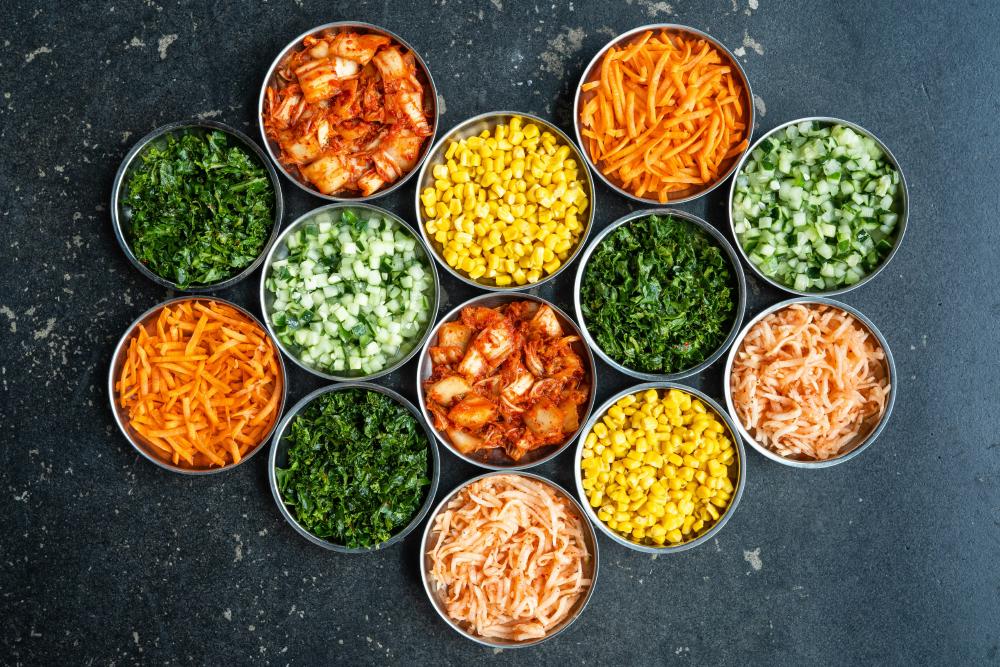Link Roundup: July 22, 2024

July 22, 2024
This week’s roundup has articles on cognitive empathy, kimchi, and technical writing workflows.
As always, I generate summaries using AI and edit those summaries for accuracy and usefulness. Then, I offer some thoughts of my own.
Robert Wright, “Ode to a world-saving idea”
Generated Summary (ChatGPT)
The article is a reflection on the legacy of psychologist Lee Ross, focusing on his concept of the “fundamental attribution error.” This idea highlights the human tendency to attribute others' behaviors to their character rather than their circumstances. The article explains that while initially considered a simple concept, it evolved into a more nuanced understanding that varies depending on one's relationships and biases. The fundamental attribution error has significant implications for interpersonal and international relations, often reinforcing tribalism and conflict. The author emphasizes the importance of cognitive empathy–understanding others' perspectives–as a tool for resolving conflicts and solving global problems. Ross's insights suggest that awareness and cultivation of cognitive empathy can mitigate the harmful effects of attribution error, contributing to a more understanding and cooperative world.
My Thoughts
While I don’t agree with Robert Wright on everything, I always find his ideas interesting and offered in good faith. This article is great and provides an excellent heuristic for increasing one’s capacity for a good faith engagement with others and with the world. The trickiness of how we associate a person’s actions with their character rather than with their situation (attribution error) mainly when we dislike them is obvious when brought into consciousness but still requires practice to overcome. Just to promote Wright a bit further, his book Why Buddhism is True is a good starting point for that practice, especially for those primarily interested in secular Buddhism. (I would be remiss not to note that secular Buddhism is a contested and sometimes controversial term/field.)
Hahna Yoon, “The Kimchi Masters of South Korea Can Teach You a Thing or Two”
Generated Summary (ChatGPT)
South Korea's Ministry of Agriculture, Food, and Rural Affairs has designated five individuals as Korean Food Grand Masters for their excellence in kimchi making. These masters, including a former pop singer and a YouTuber, emphasize the importance of using high-quality ingredients and traditional methods. They express concerns about the rise of mass-produced kimchi, stressing that authentic kimchi requires patience and dedication. Each master has a unique approach and recipe, such as seafood kimchi, white kimchi, and stuffed white kimchi, reflecting their personal histories and the cultural significance of this traditional Korean dish.
My Thoughts
I’m fairly certain I haven’t written about my love of making kimchi, but I am very passionate about the Korean art of fermented cabbage/vegetables/seafood/everything else. I often get asked if I’ve spent time in South Korea, have a particular family connection, or if there is some other reason for my love of making kimchi. The answer to all those is no. (I have spent time learning the Korean language, though am still very much a beginner). I just loved all of the delicious kimchis I had access to when I lived in Southern California. Living in Indiana, I’m sad to say, offers no such access.

I’m into this kimchi thing.
In any case, the comments from these South Korean kimchi masters will ring true to anyone who has deep-dived into kimchi blogs and books and pored over the ingredients in a Korean market with their phone out to translate the labels. While I would never put myself on the same level as with these kimchi masters (or an 아줌마, for that matter), it is very clear that kimchi is an activity that awards precision and patience.
Google, “Import and export Markdown in Google Docs”
Generated Summary
Google Docs now supports importing and exporting Markdown. New features include converting Markdown to Docs on paste, copying Docs content as Markdown, and exporting/importing Docs as Markdown. These updates benefit technical writers, enabling seamless content conversion between Google Docs and other Markdown tools. The features are available by default for all users, with “Copy as Markdown” and “Paste from Markdown” options enabled in Docs preferences. The rollout begins on July 16, 2024, and will be available to all Google Workspace customers and individual subscribers.
My Thoughts
This is, admittedly, not so much an article as an update from Google. That said, I am so excited by this update. I don’t use Google Drive/Docs much, aside from keeping my weight-lifting spreadsheets to reference them easily at the gym. (Now that I have a gym in my garage, that seems less necessary…) The only writing tools I enjoy using are Microsoft Word (writing a doctoral dissertation in the humanities will do that to you) and Markdown. I use many other tools in my writing workflow (Pandoc is major) but if we’re talking about the writing itself, it’s .docx or .md for me.

It’ll be .docx and .md, for me.
And yet, it feels like everyone else uses Google Docs. This is understandable and there are lots of good reasons why people love it. I have my own bones to pick with Docs, which maybe I’ll write about someday, but it’s undeniably useful for many.
And that’s why this update feels so amazing! It’s going to offer a really easy way to integrate non-Markdown writers into Markdown workflows. Finally, I’ll be able to make the argument to folks I work with that we can use integrate interesting and useful Markdown-based tools and workflows (like Hugo) without writers having to change much, if anything, about their writing process. That’s the dream, anyway. 😃